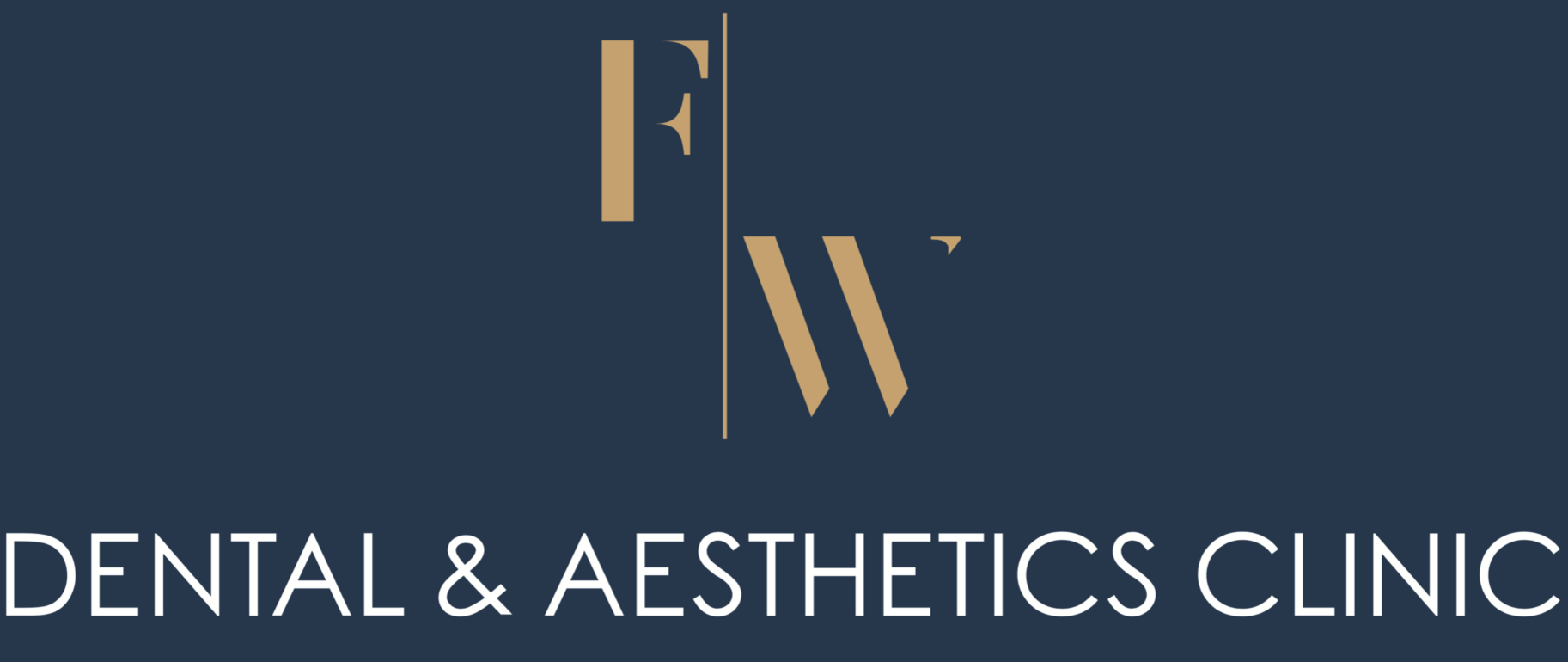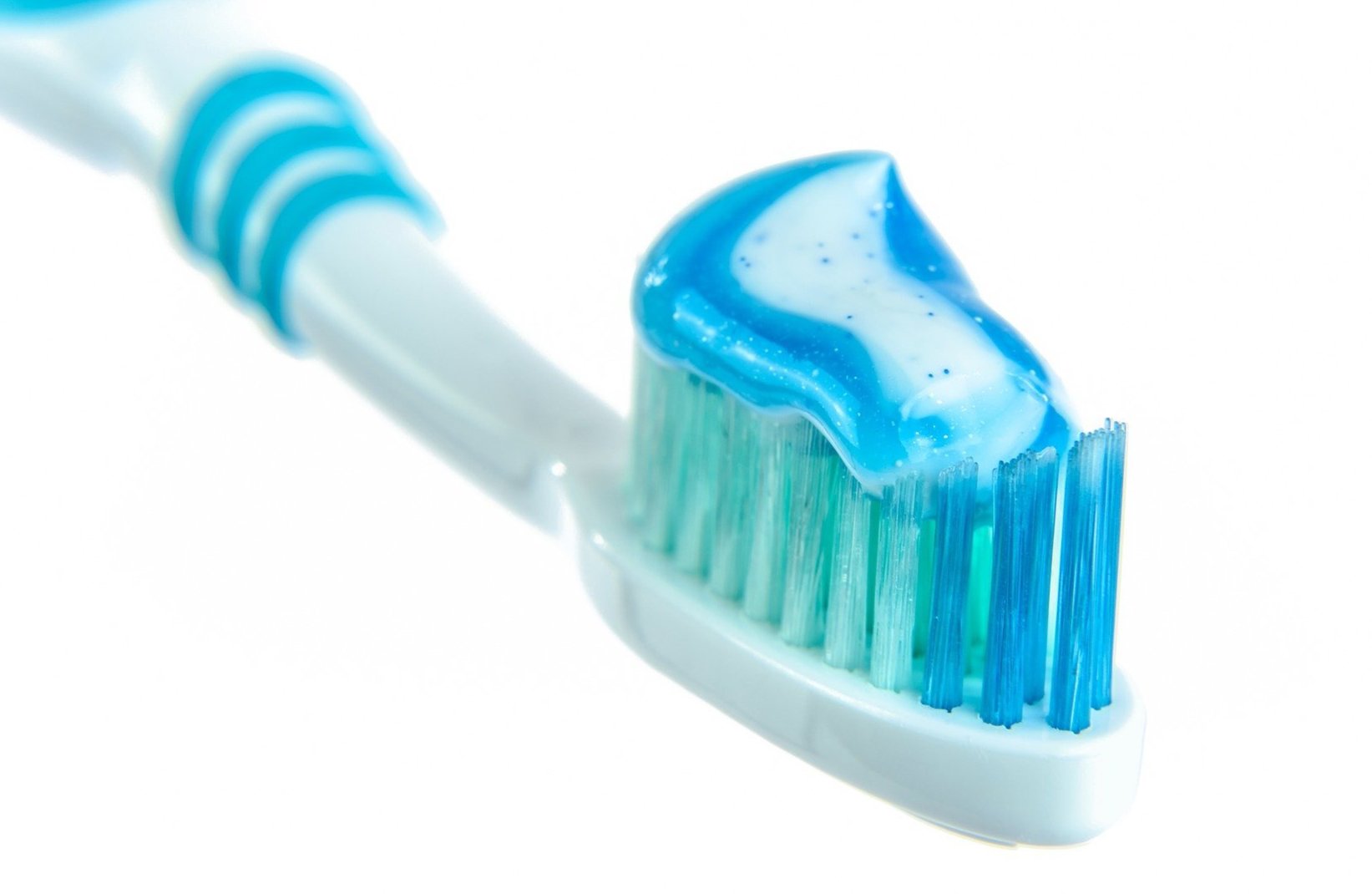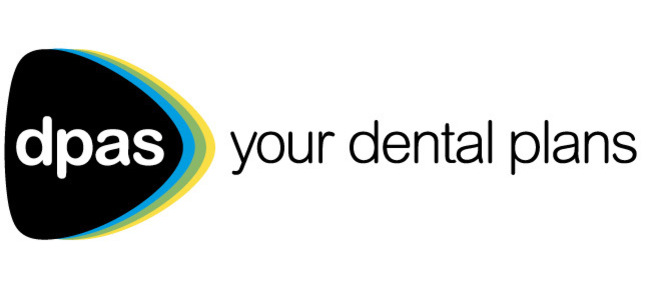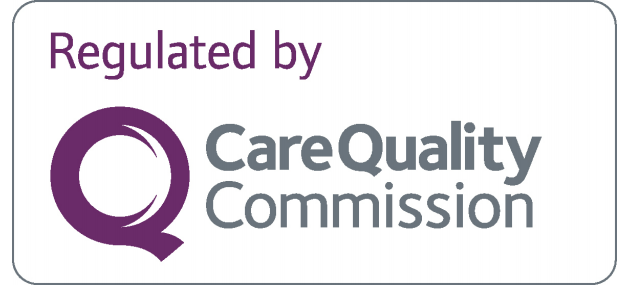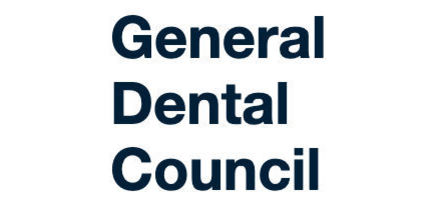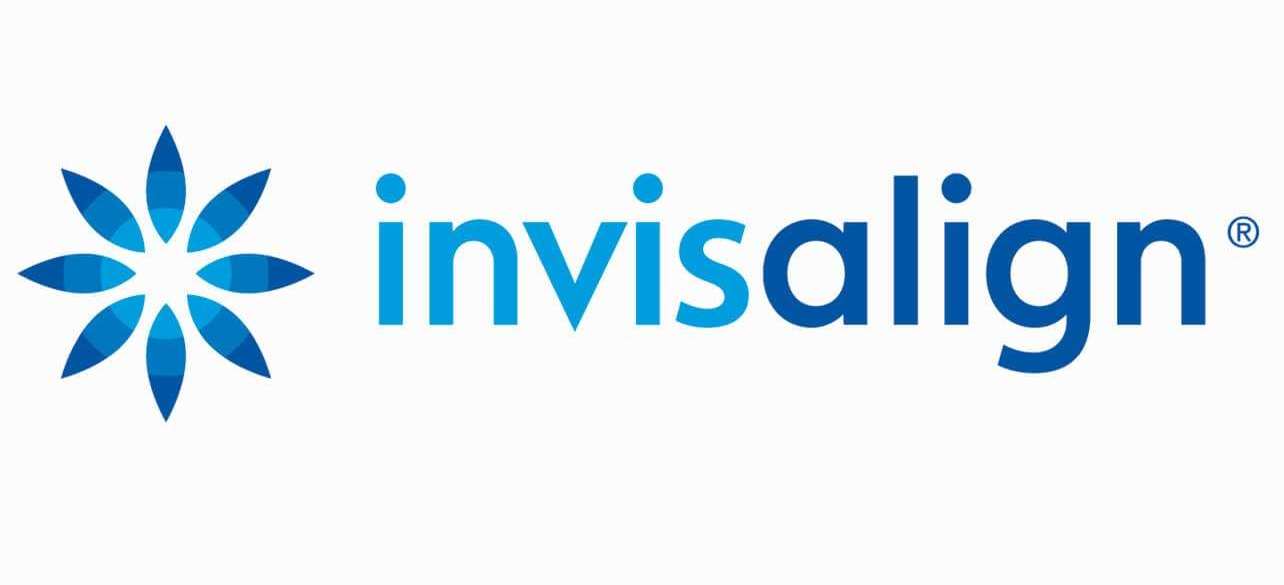Can I make my own toothpaste?
When the supermarket shelves all stood empty a few months ago, the idea of making your own products like shampoos, soaps and toothpaste did not sound so strange. But now that supermarkets and shops have returned to normal service, you might still be considering turning to making your own toiletries and cosmetics due to having a desire to live a more sustainable life.
Covid has been linked to climate change as a result of global warming causing viruses that have always traditionally affected animals mutating and crossing over to humans. As a result, the drive towards sustainability has increased. By making your own products like body lotions and toothpastes, you will reduce the amount of packaging you are disposing of as well as avoiding worrying chemicals.
So, if this is a concern affecting you, how do you go about making your own toothpaste that simultaneously protects the planet as well as your teeth?
Before answering that question, it is worth taking a look at how toothbrushing has changed over the centuries (or even millennia!).
Humans have been brushing their teeth for a surprisingly long time. There is even evidence of humans brushing their teeth dating back as far as 3000BC. Ancient civilizations used a “chewstick,” which was a thin twig with a frayed end. These were rubbed against the teeth in an attempt to clean them. ‘Toothpastes’ were introduced in a further attempt to clean the teeth more deeply by the Ancient Egyptians around 5000BC. Mixtures like abrasive blends made out of the ashes of ex hooves and burnt eggshells were used to rub the dirt, trapped food and plaque off the teeth and gums.
Ancient civilizations like the Romans and Chinese added flavourings like salt, charcoal and ginseng to make the process more palatable as well as attempting to disguise bad breath. Of course, charcoal toothpastes are something that are back in trend right now as a means of whitening your teeth. However, the abrasive ingredients are not recommended by dentists today as charcoal damages teeth by wearing down tooth enamel.
Over time, toothpastes continued to evolve with a wide variety of products being employed in a bid to keep teeth clean as well as tackling bad breath. Baking powder was widely used in the 19th and 20th centuries. The most famous company to do this is Arm & Hammer, who still sell baking powder based dental products today. They have been doing this for over 150 years.
So, if you decide that you will try making your own toothpaste, it is important to know whether it needs to have fluoride in it. The short answer is no. Fluoride is admittedly a very effective way to tackle tooth decay, which is why it is added to water supplies across the country (in varying levels), but it is not essential for maintaining oral hygiene and strong, healthy teeth. Read more about fluoride here.
To make your own toothpaste, try the following recipe from The Guardian:
¼ cup baking soda (bicarbonate of soda)
Water
1-2 drops peppermint, spearmint, anise or cinnamon essential oils (optional)
Add the baking soda to a sterilized glass jar and slowly add water until you get a thin paste. Add one to two drops of essential oils if you prefer a flavoured toothpaste, and use as you normally would.
Ultimately, however, we recommend using a fluoride-enriched toothpaste to fully protect your teeth and to petition your brand of toothpaste to move over to using recycled materials and to cut down on all unnecessary packaging.
Call us on 01732 882413 for any helpful advice on how you should look after your teeth and mouth.
Share this post:
